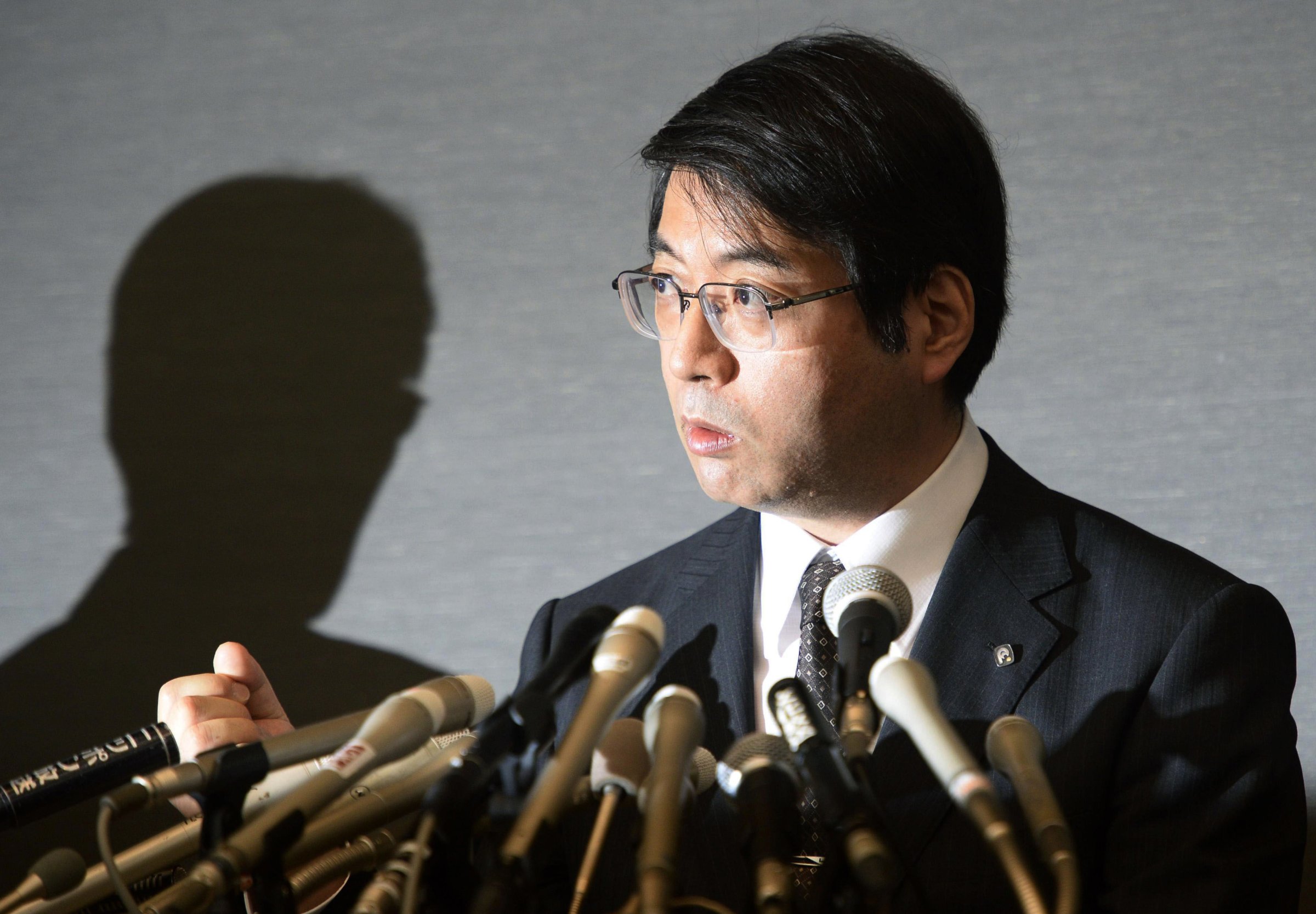
A top Japanese scientist who oversaw and co-authored a controversial stem-cell study has committed suicide by hanging, authorities said on Tuesday.
Yoshiki Sasai, 52, was found in a research institution next to his workplace by a security guard on Tuesday morning and was pronounced dead at a hospital two hours later.
Sasai was deputy director of the prestigious RIKEN Center for Developmental Biology, and supervised a study by lead author Haruko Obokata that was published in the journal Nature earlier this year.
Obokata claimed to have found a highly innovative new method for creating stem cells, but when the method could not be replicated, a probe was launched and it was found that parts of the study had been plagiarized. The paper was withdrawn from Nature in July, following months of dispute about its veracity.
According to the Wall Street Journal, Sasai maintained that he was brought into the project at a late stage. He consistently expressed remorse for not keeping a closer eye on the research, while continuing to argue that parts of the study held evidence of a genuine breakthrough.
Phil Campbell, editor in chief of Nature, issued a statement calling Sasai’s death a great loss to the scientific community. “Yoshiki Sasai was an exceptional scientist, and he has left an extraordinary legacy of pioneering work across many fields within stem cell and developmental biology,” Campbell said.
More Must-Reads from TIME
- Inside Elon Musk’s War on Washington
- Why Do More Young Adults Have Cancer?
- Colman Domingo Leads With Radical Love
- 11 New Books to Read in February
- How to Get Better at Doing Things Alone
- Cecily Strong on Goober the Clown
- Column: The Rise of America’s Broligarchy
- Introducing the 2025 Closers
Contact us at letters@time.com